Innovations in the fields of AI, robotics, and the Internet of Things (IoT) are already changing the art and science of cooking in the domestic kitchen. It is just a matter of time before these innovations are scaled up to cater to the commercial kitchen and transform bulk cooking in unanticipated and unimaginable ways. A Forbes Technology Council article published in January this year titled ‘13 Ways AI May Impact And Improve The Restaurant Industry’ predicts a world where AI and robotics will transform the commercial kitchen in significant ways. The article has AI experts predicting that line cooks may be replaced by robots in the years ahead and aspiring cooks can now expect recipes by expert chefs to be blared from speakers so they can recreate the signature taste of particular dishes for guests with greater accuracy. CaliExpress by Flippy, the world’s first fully autonomous restaurant powered by AI, opened for business in Pasadena, USA, in December last year. Patrons who wish to witness robotic cooks manufactured by Miso Robotics prepare, cook, and serve fast food are making a beeline for the restaurant to witness the miraculous marriage of AI with robotics in the kitchen.
Samarjeet Singh, Founder & Chairman of tech innovation company IKSULA, an influential voice in the international AI tech sphere, says that he expects the commercial eating experiences of the near future to lean more on packaged mixes that will then be cooked merely with a few clicks on the mobile phone of operator-managers or chefs remotely.
.jpg)
“I see future food packaging in the form of ready-to-cook-recipes unlike today where you need to combine all the ingredients together mostly from scratch. The mixes would be cooked on burners, which would be operated remotely using your phones. Further, the recipes and BOM (a BOM or bill of materials is a comprehensive list of raw materials, components, and instructions for manufacturing a product) would be linked. AI would ensure that inventories would be replenished by ordering from the supplier app directly thus ensuring cost and operational efficiencies. This may be expensive now, but tomorrow full-blown bots will be able to make food for you. Think the recipes and the technology would make such AI-driven basic cooking accessible to all home kitchens,” says Singh.
Chef Parvinder Singh Bali, Director of the School for European Pastry and Culinary Arts, and former Corporate Chef L&D Head of the Oberoi Group’s reputed OCLD program for the last 15 years, sees a world of promise in the emergence of AI in the commercial kitchen. Chef Bali holds that AI ensures uniformity in training programs for chefs along with scalability. “AI-driven training programs make it feasible for hospitality, providing detailed analytics on their strengths and weaknesses. This data can be used to refine and improve training programs continuously. AI can also collect and analyse feedback from trainees, allowing hospitality companies to identify areas for improvement and make necessary adjustments to the training programs thereby introducing efficiencies that lower training costs while putting an instant feedback mechanism in place.”
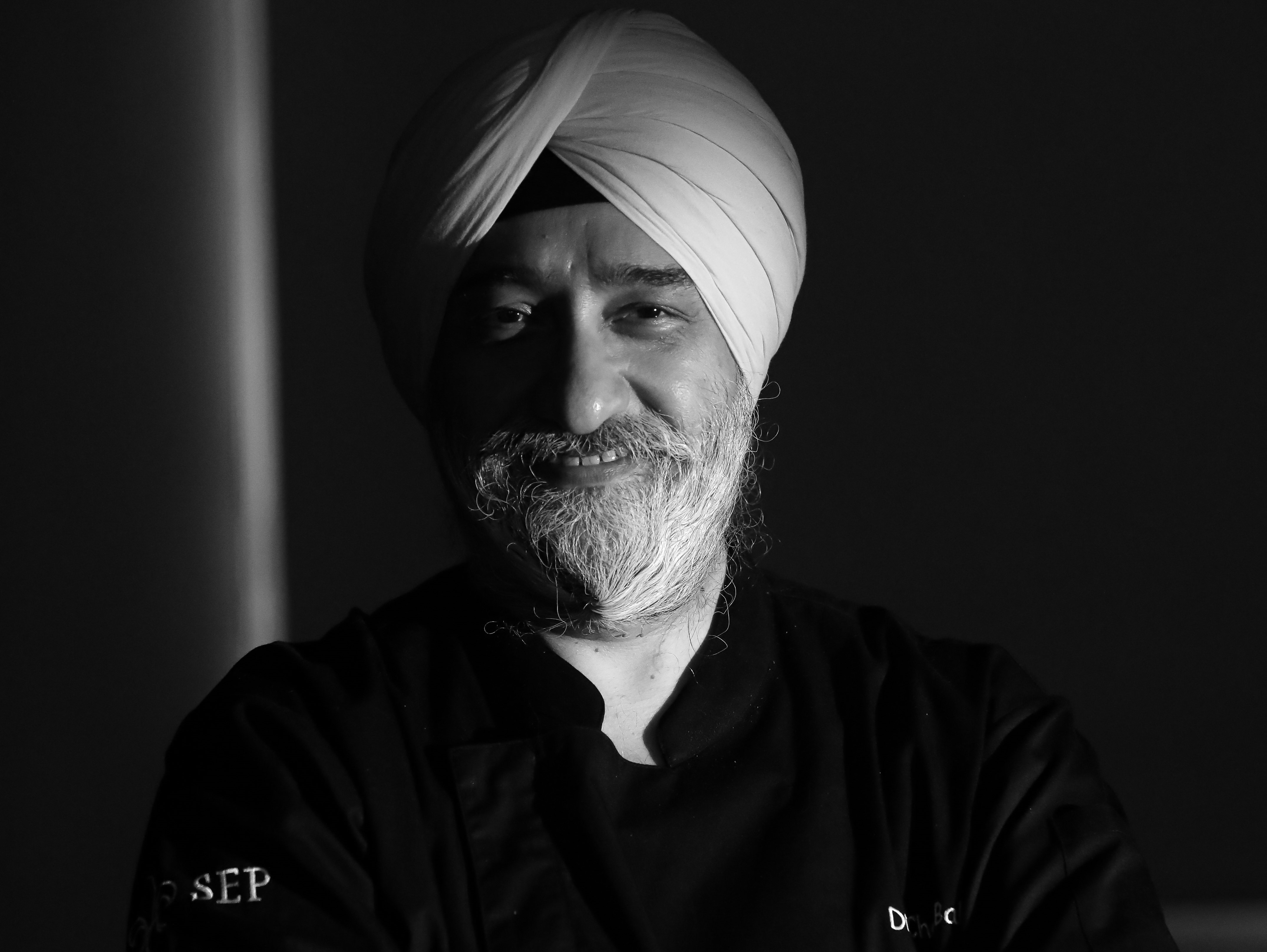
Chef Veeraj Shenoy, COO, F&B - Imagicaaworld Entertainment, is of the view that India, with its diverse culinary traditions, is unlikely to be impacted in any major way by AI. “Instead, AI-driven innovations are more likely to complement skills of chefs, providing new tools and insights to enhance culinary experiences. Chefs who embrace these technologies and use them creatively will likely thrive, while those resistant to change may find it more challenging to compete in a rapidly evolving industry. Therefore, rather than posing a threat, AI-driven innovation in the commercial kitchen presents an opportunity for chefs in India to innovate, improve efficiency, and deliver exceptional dining experiences,” declares Chef Shenoy.
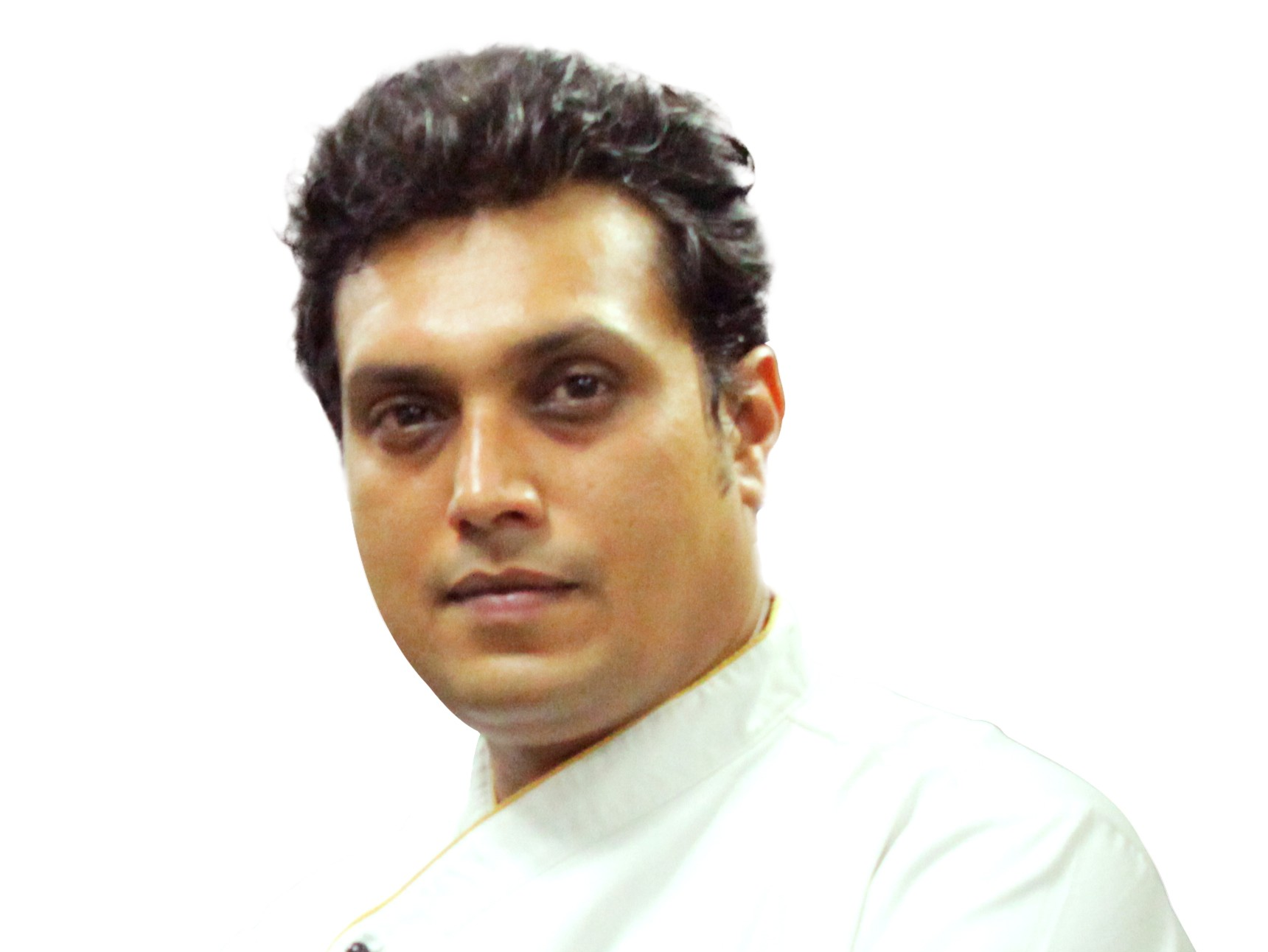
Chef Gaurav Paul, Executive Chef, Hilton, Bangalore Embassy Golflinks, says that AI will not take away the space for Chefs to experiment and innovate. “Training and mentorship from experienced professionals are irreplaceable parts of culinary training. Cooking excellence is achieved through dedication, passion, and hard work under the right guidance of a chef who is a master of his art. Patience and respect for the craft are crucial, and a machine cannot replicate the environment or mentorship necessary for developing skills in such a nuanced profession,” said Chef Paul.
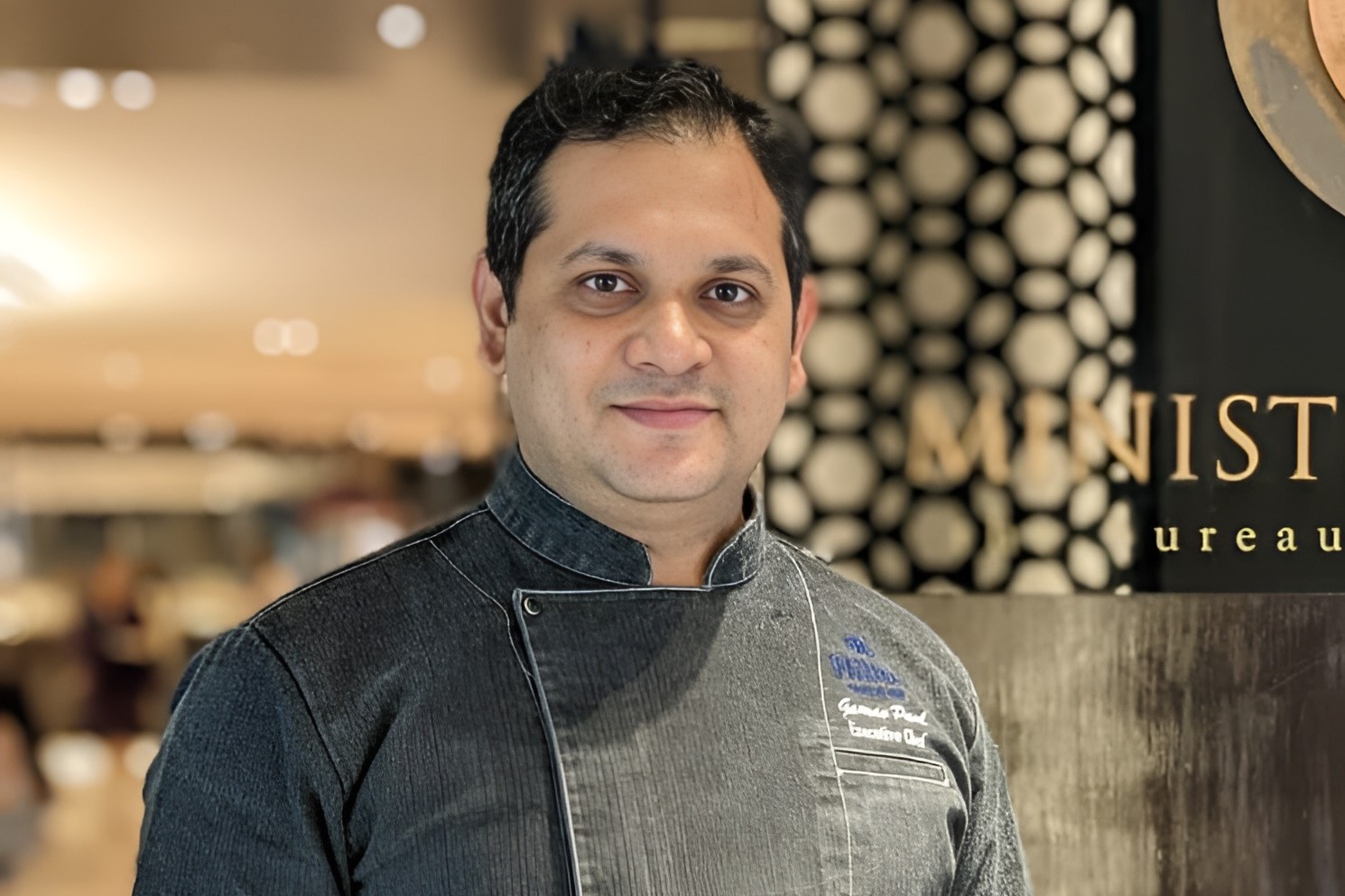
Chef Rana Gomes, Corporate Chef, Royal Orchid, Bengaluru, says Indian cuisines are too complicated for AI to be mapped. “AI can, of course, make things easier, like remembering recipes and preferences, reminding us of cooking methods, and helping visualize how the dishes will look. It can help us create a menu, calculate food costs, do standard recipes, and some extended cooking, which is already started in the form of smart cooking equipment like computerized combi ovens. However, the human element will always be a part of the food production process,” says Chef Gomes.
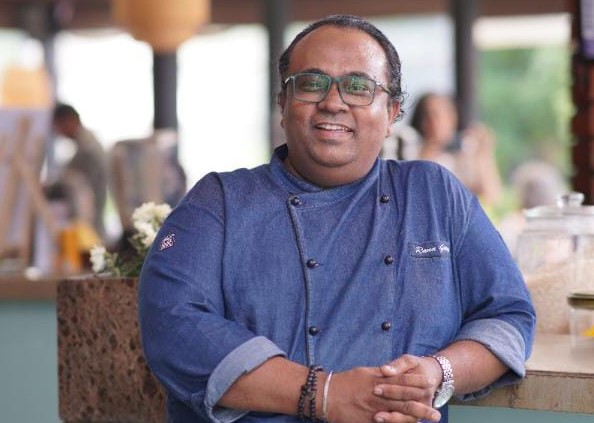
The good news, tech guru Samarjeet Singh says, is that cooks who do basic cooking or line jobs do face the prospect of being replaced by bots managed by AI, but the disruption would not go further. “Gourmet kitchens and specialized kitchen chefs are like painters and night-end software developers who always have space to innovate and experiment and offer great specialized food to their guests,” Singh said.
Mr. Sashi Misra, Head HR & Training, The Club, Mumbai says in his view, the kitchens are certain to become more efficient in future. “With the help of AI, chefs will be more effective in controlling the operations, inventory and quality in the food production process. While it is likely that machines will take over the regular parts of the operations, fine dining, and banquets will continue to provide ample opportunity for human chefs to create masterpieces,” he said.

AI is clearly not the beginning of the end for chef-led kitchens but the first ray of a new dawn.
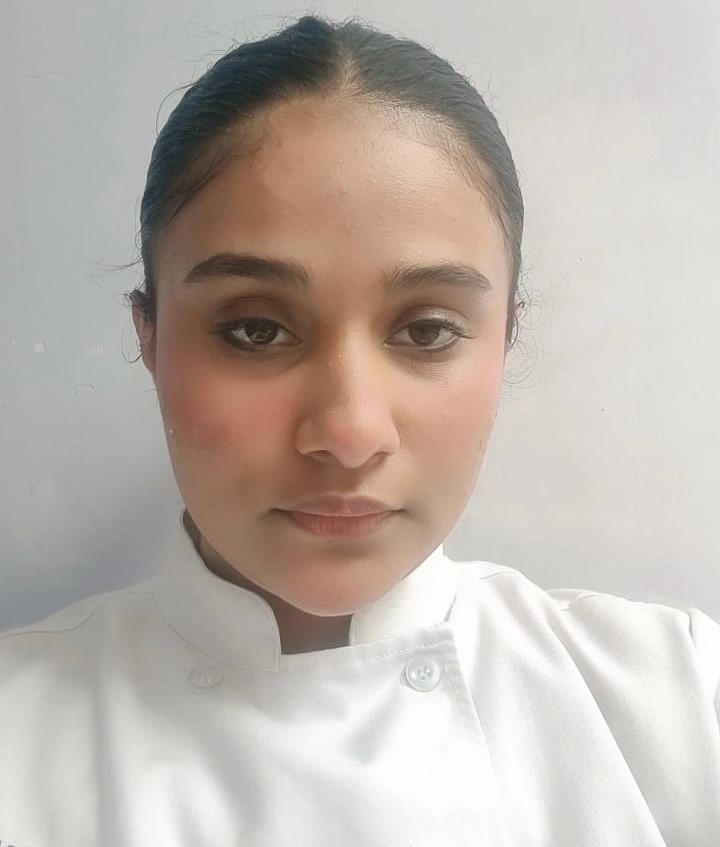 The writer is a culinary journalist, boxing enthusiast, and chef-in-training at the Royal Orchid Hotel in Bengaluru (Bangalore). She may be contacted on sharanya.culinari@gmail.com
The writer is a culinary journalist, boxing enthusiast, and chef-in-training at the Royal Orchid Hotel in Bengaluru (Bangalore). She may be contacted on sharanya.culinari@gmail.com